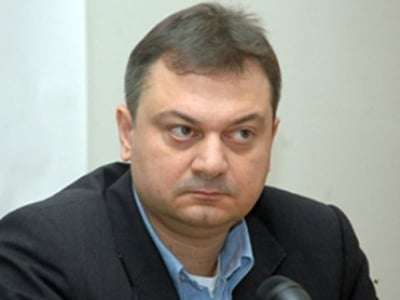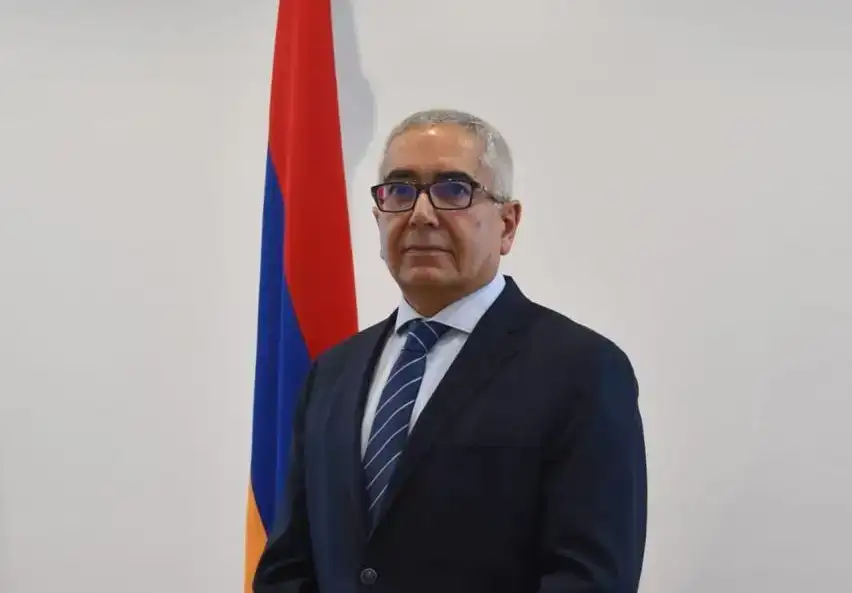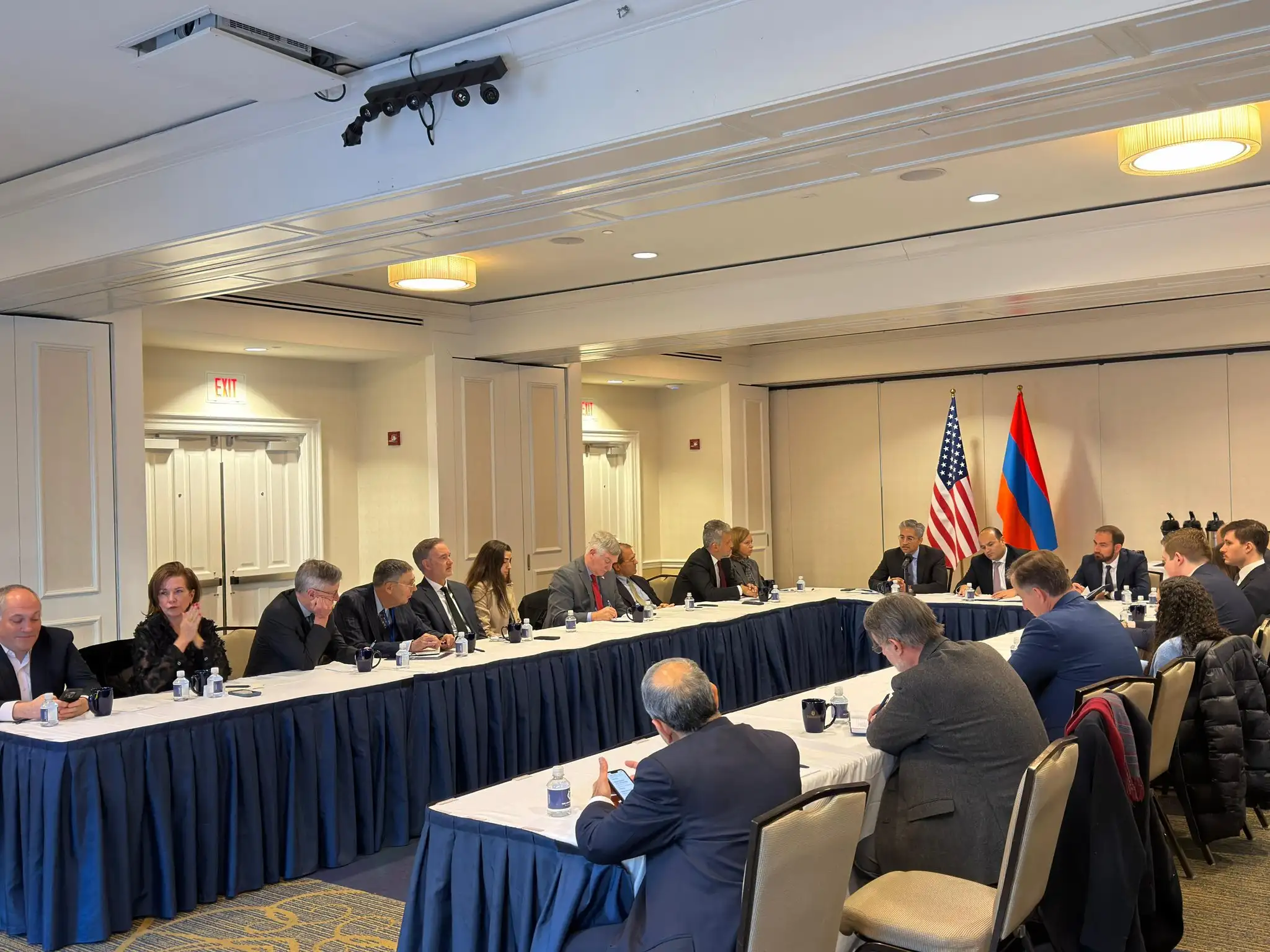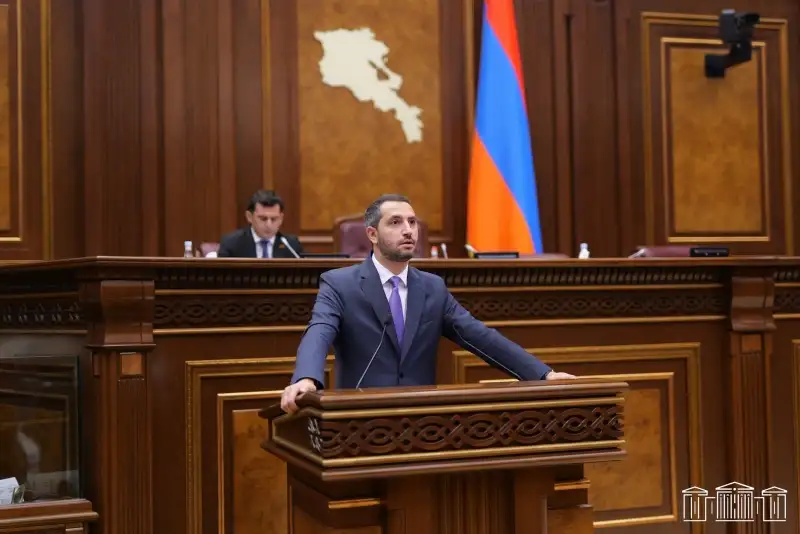Radar Armenia's interlocutor is Shahan Gantaharyan, an international scholar.
- The negotiations between the Foreign Ministers of Armenia and Azerbaijan have ended in Washington. Secretary of State Blinken states that the parties have agreed on several issues. What developments do you foresee? In your opinion, is the signing of the peace agreement close?
- In the official newsletter is a section related to the imminent theory you mentioned, in which disagreements are discussed. It is said that there are pro-tara approaches. The divergences must be clarified, so discussing imminence has no solid justification.
- How will official Russia react to the Washington negotiations? Do you see an opportunity to keep the process on the Washington platform?
- So far, unlike before, Moscow has not reacted harshly. Peskov said that the tripartite agreements are the basis for the negotiations. And Zakharova offered to wait for the results. The Washingtonian experiments will continue, of course, in parallel with the Moscow one.
- The RA Prime Minister will leave for Moscow next week. As you know, another meeting of the two countries foreign ministers is planned on Russia's territory. What are your expectations from these meetings?
- You know, there is an important nuance here. Weeks ago, there was talk of a planned meeting in Moscow. Before that, Washington's initiative appeared suddenly. Washington fell ahead of Moscow, which indicates a tense competition. Therefore, the signing of a peace agreement cannot be foreseen. Will it be with American or Russian mediation and guarantee? The content of the two countries' approaches may be similar. The problem is in gaining and maintaining control of the mediation process. Aliyev's statement was characteristic. Saying that the next stop of the negotiations would be in Moscow, he tried to complement Washington and Moscow in that respect. He knows the contract will only be concluded with consensus between the two leading players. That is why he represents Moscow and Washington with complementary links.
- How will the negotiations on the peace treaty and settlement of the Nagorno-Karabakh problem affect the process?
- The Russia-West conflict is turning into a Russia-USA conflict. It's just that Europe has a derivative role here. Brussels does not have the vitality it used to have, and now the focus is on the Washington-Moscow line. It turns out that meeting or coordinating is necessary for France or Brussels to be kicked out of the OSCE Minsk Group, and the two co-chairs continue to mediate, albeit separately. Regarding the issue of Nagorno-Karabakh, it is clear that Moscow wants to ensure the legitimacy of extending the period for deploying its troops there. Washington will block the implementation of that task with political logic. This delay will continue. The composition of the peacekeeping troops was the most critical link in the non-resolution of the conflict. Now Baku does not want a peacekeeping mission at all. Saying that the people of Artsakh should accept or leave the territory is talking about it, and here it is already a point of conflict between the interests of Baku and Moscow. That point can be a card in Washington's hands.
Hayk Magoyan




















